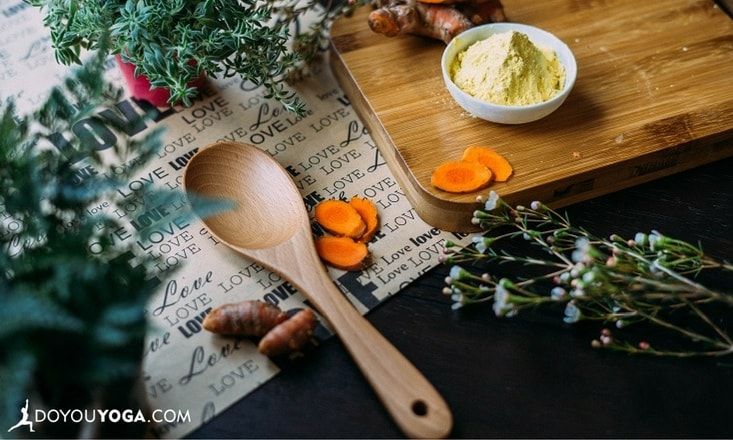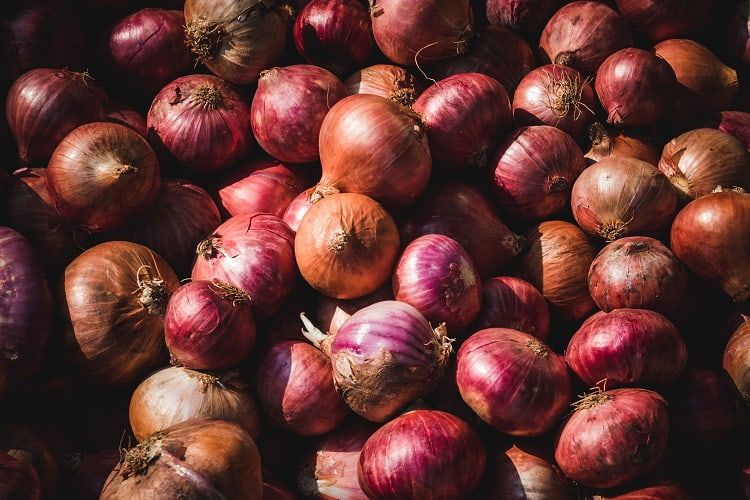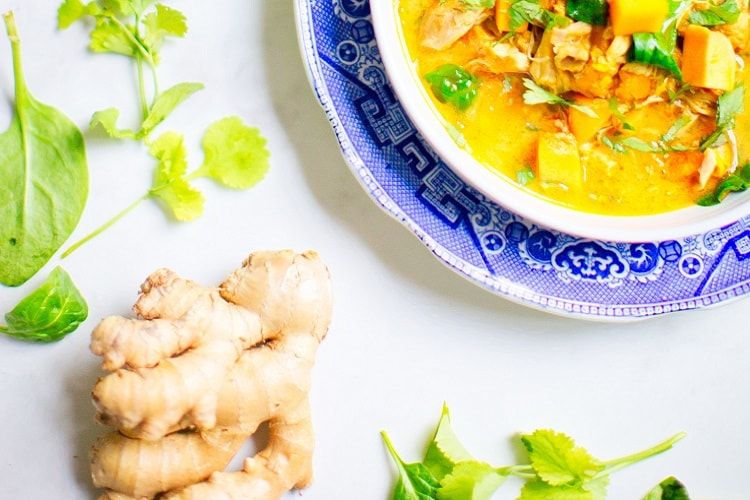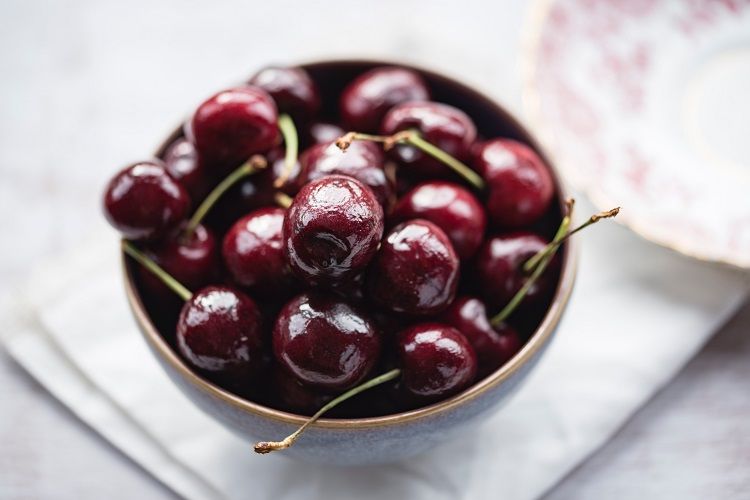Thousands of articles have been published on the connection between diets, defined by patterns of eating over a long period of time, and the promotion or prevention of chronic, non-communicable diseases such as diabetes, heart disease, and cancer.
So while it might seem strange at first that there is a connection between chronic pain and inflammation and diet, the connection is a lot stronger than you might think.
But first, a little introduction to the science of inflammation and pain.
What is the Connection Between Inflammation and Pain?
Inflammation is the body’s natural response to substances that are recognized as foreign and potentially damaging, or to tissue damage that can result from something as basic as getting bumped. Inflammation can also result from certain autoimmune conditions, in which the body mounts an inappropriate inflammatory response against normal cells in the body.
There are two ways in which inflammation is connected to pain. There are certain autoimmune conditions that trigger an inflammatory response and can cause tissue damage and chronic pain, or certain diet patterns that cause cell damage, and thus inflammation.
There are also certain substances in the foods we eat that can trigger inflammation, such as too much sodium or trans fats, and others that can help to fight inflammation, like certain minerals and healthy fats.
Here, we give you a list of foods that can help fight inflammation, thanks to their nutritional composition.
1. Brussels Sprouts
These veggies, which look like tiny heads of lettuce, have powerful nutrition. They contain antioxidant vitamins, including A and C, but also sulforaphane, a substance that has anti-inflammatory action as well as properties that have shown to help fight the cell mutations that cause cancer.
2. Salmon
Salmon is rich in omega-3 fatty acids, which are best known for promoting heart and brain health, in part due to their anti-inflammatory properties.
3. Avocado
If you aren’t a seafood person, avocados are another way to get your fix of omega-3 fatty acids to reduce inflammation – without the fishy breath. This superfood is a great and easy addition to any meal.
4. Onions
Rather than asking the waiter to “hold the onions” on your next salad, ask him to load ’em up! Onions are part of the Allium family, and they contain a component called diallyl disulfide. In lab studies, this substance has been shown to reduce inflammation as well as fight tumors, thus protecting our cells from damage and reducing pain.
5. Turmeric
Even though turmeric has been used for centuries in Ayurvedic medicine, it’s only more recently that it has gained tremendous popularity in foods, drinks, and even cosmetics to improve health. Many of these benefits are associated with turmeric’s anti-inflammatory properties. Research demonstrates that consuming turmeric in reasonable quantities (avoid mega-doses) could be beneficial for managing joint-related pain.
6. Cherries
Cherries contain anthocyanin, a potent antioxidant that can help alleviate the chronic pain of inflammatory osteoarthritis. A study examining the effects of consuming tart cherry juice on inflammation in people with inflammatory arthritis found that cherry juice reduced inflammation.
Improving your diet could benefit any symptoms of pain you may be experiencing tremendously. Choosing foods that are high in antioxidants and healthy fats is a great place to start. Switch out processed foods for whole, fresh and home-cooked foods for added benefit.








